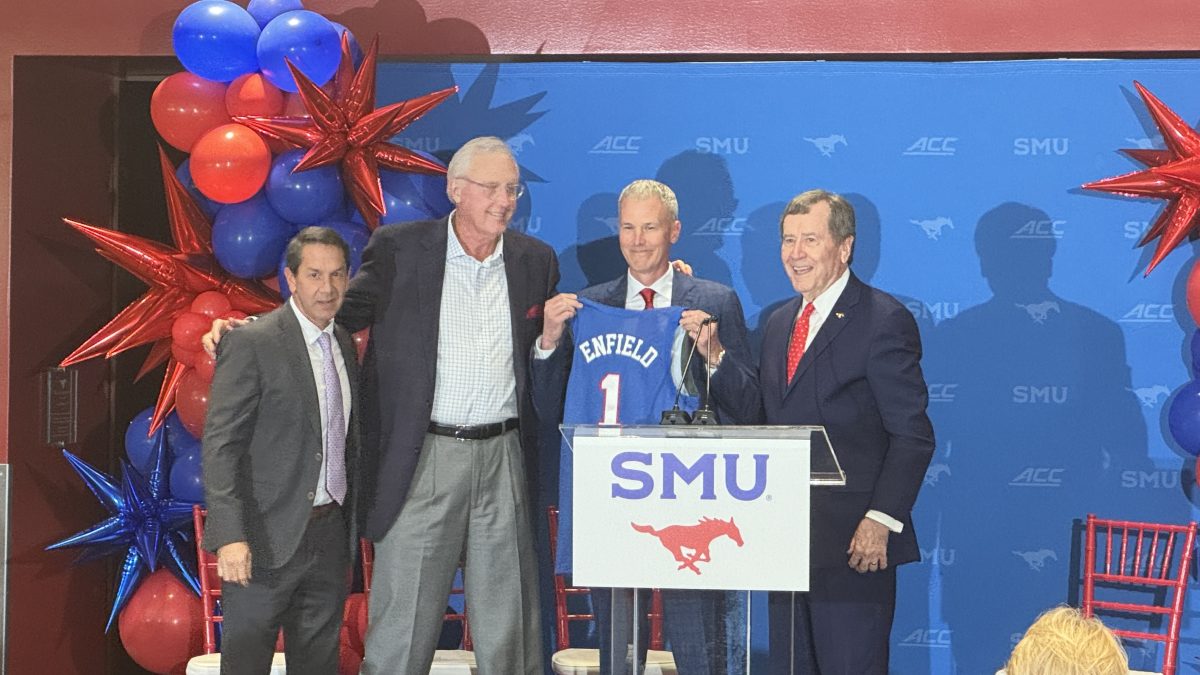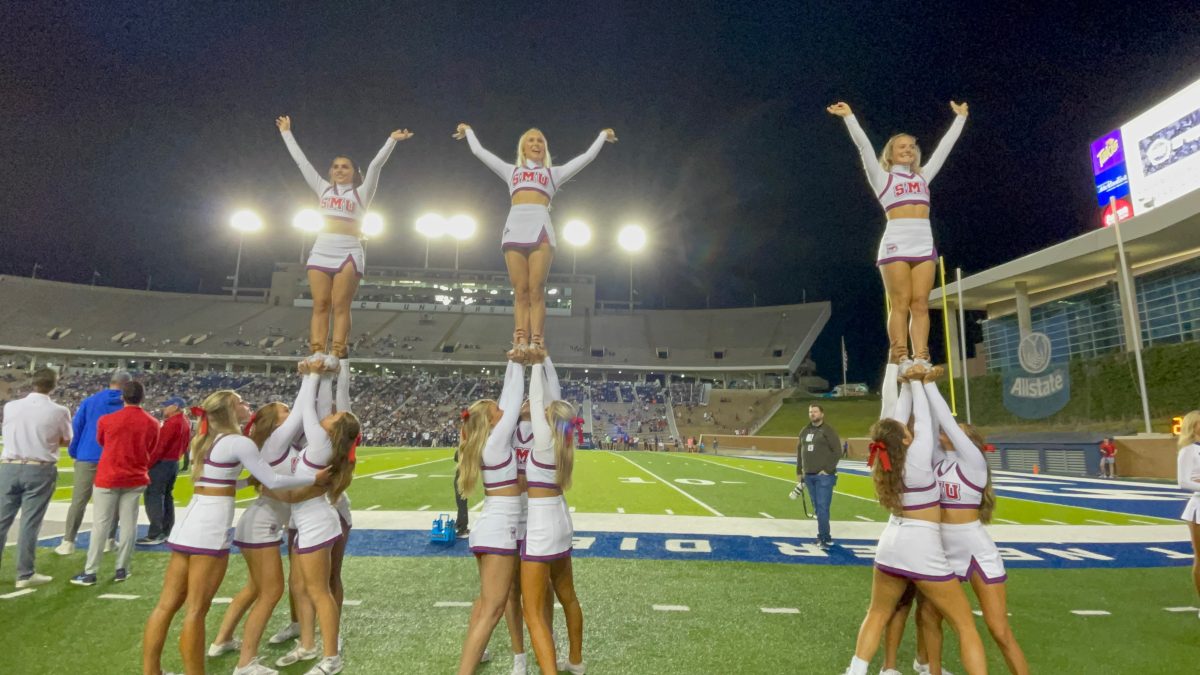Fantasy football has become a main priority for not only college students, but also people in the workplace.
Professors and bosses are not surprised by the revenue lost by companies or the hours spent by students perfecting their fantasy team.
ESPN’s fantasy football is a booming $1.2 billion industry, which has quickly become the most popular fantasy sports game in the U.S., engaging an audience of over 13 million.
“The NFL is the biggest and most important sport in the U.S.,”said football expert and sports reporter for the Houston Chronicle, John McClain. “The NFL provides people from all walks of life a common bond.”
Offices are forming leagues and playing one another, competitively and for money.
Although fantasy football has formed a common ground for people of all groups, it has an impact on work productivity in the office.
Challenger, Gray & Christmas Inc. found that fantasy football participants are costing companies over $1.1 billion in productivity each week. Not to mention the effect Fantasy Football has on college students and the time it takes away from schoolwork.
“I check fantasy football every morning as I drink a cup of coffee after arriving to work after throwing a little trash talk to my colleagues on the way to my desk,” Teague Morton, physicians search consultant for Merritt Hawkins, said. “Fantasy football takes away substantial amounts of work productivity and is very counter-productive to the work environment. “
Owning and running a professional football team is the ultimate American dream. Fantasy football has turned these dreams into reality.
Between updating the starting line up, browsing the internet for top players of the week, reading football analysis and talking strategy with friends, fantasy football is consuming not only personal time, but also time in the office.
“We have multiple leagues in the office,” Morton said. “Although most leagues are pre-determined by cliques in the office, I work with around 500 people in the building, resulting in roughly 30 to 40 different leagues.”
With a conservative estimate of a student spending only an hour a day on fantasy football, that’s seven hours a week and 105 hours-per-semester. SMU professor Ross Sloan was not at all surprised by these statistics.
“I think that classroom performance is profoundly impacted when students have laptops and smart phones with Internet access,” Sloan said. “I am assisting in a communications class this semester where every single student in the class doesn’t hear a word the professor says.”
Sloan describes the need for constant entertainment, in today’s society, as the main reason students cannot sit in class for two minutes without touching or checking their phones or laptops.
“Education requires concentration, the chance to consider and reconsider new material,” Sloan said.
Nick Rhodes, SMU junior, claims fantasy football has no effect on his schoolwork because he works on his team during study breaks and downtime.
“If you start young using your work time for things like fantasy football, in college, then yes of course you will do it in the workplace too,” Rhodes said. “I only check my fantasy team during times I wouldn’t be studying or doing school work.”
Rhodes believes starting these habits in college carry over to the workplace resulting in the loss of revenue.
The company that conducted the study, Challenger, Gray & Christmas Inc., is known as the oldest executive outplacement firm in the United States. The headquarters are in Chicago and they have offices in 52 cities in the U.S., including one in Dallas. The study was based on an estimate that 22.3 million employed people spend roughly an hour on their fantasy team, during work.
The U.S. Bureau of Labor Statistics released the average hourly wage is $19.33, which comes out to a loss of $430.9 million per week and $6.5 billion during a 15-week fantasy season.
“It’s a form of gambling,” McClain said. “I know wealthy people who will risk $100,000 a year for a chance to win $1 million on fantasy football.”
Some offices are now eliminating all forms of technology use during work hours. The Carrell Clinic in Dallas does not allow employees to check their phones while on the clock, according to physical therapy assistant, Avis Jason, a SMU alumna.
“There is no solution to keeping people off of fantasy football,” Jason said. “It has truly become part of our society and become a sport of its own.”
Audiences now watch not only for the entertainment of the game, but also to cheer for individuals on their teams.
“They can celebrate victory and bemoan defeat together,” McClain said. “It doesn’t matter if they’re poor, old or young, tall or short, fat or skinny — fans share this common bond that unites them for three hours every Sunday and gives many something to talk about the next week.”












